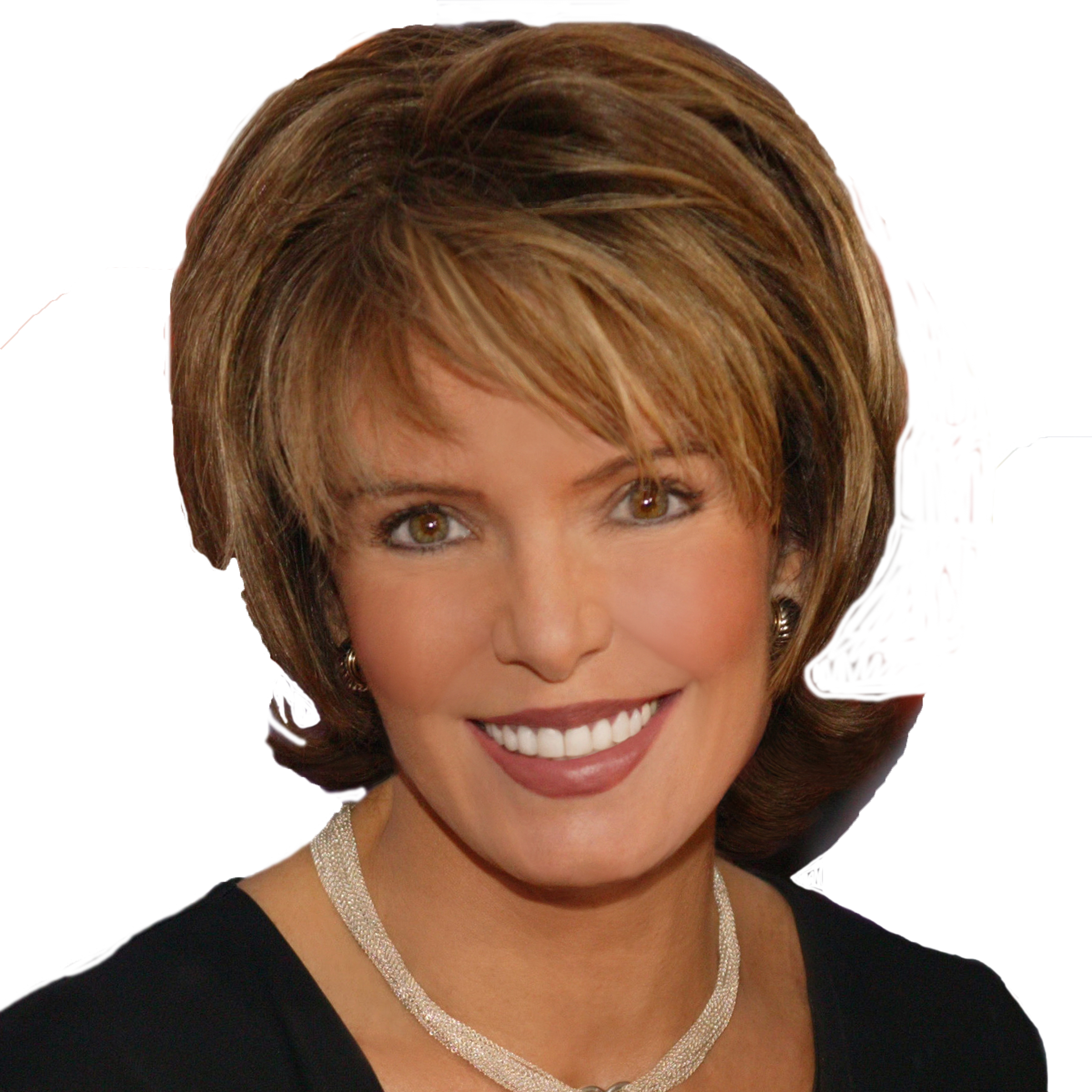
LESLEY VISSER
Interviewed by Allie Kessel
W hen I was 10 years old, I said to my mom “I want to cover sports,” and in 1963, that was the same thing as saying I’m going to the moon. That just didn’t exist for women. One of the blessings of my life was that my mother didn’t say, “You’re crazy.” She said, “Sometimes you have to cross when it says ‘don’t walk.’” I felt like that was permission to follow my dream.
When I was 10 years old, I said to my mom “I want to cover sports,” and in 1963, that was the same thing as saying I’m going to the moon. That just didn’t exist for women. One of the blessings of my life was that my mother didn’t say, “You’re crazy.” She said, “Sometimes you have to cross when it says ‘don’t walk.’” I felt like that was permission to follow my dream.
I loved sports authentically. I loved sports the way boys did. I loved basketball and dressed up as Sam Jones for Halloween. I received a lot of love and support. My dad grew up in Amsterdam under Nazi occupation, so he knew nothing of American sports. My dad didn’t get it at all, but my mom loved sports, and so did my older brother Chris. I’m still very close to my brother.
I wrote for the high school newspaper and for the paper at Boston College right from the beginning. I wrote about sports, and during my sophomore year of college I applied for the Carnegie Foundation grant, given to mostly males. I eventually became the first beat writer for the No. 1 sports section when I joined the Boston Globe.
My very first assignment at the Globe was during the summer of 1984. Vince Doria used to make me participate in things and then write about it. I had to go hang gliding. I was 19 years old. Can you imagine? I felt so blessed to be at the Globe, if they told me to go drown, I would have done it.
Growing up, there were no female role models in sports. That being said, there are four people I owe my career to. The first two are Doria, who gave me my first job at the Boston Globe, and George Solomon. George Solomon has been one of the people I’ve respected most in my 40 years. He is sports. He knew the right people to hire and knows how to nurture them.
The next two are Ted Shaker, the executive producer of CBS Sports, and Leslie Moonves, the chairman of CBS. I went from the highest level of newspaper to the highest level of broadcast. There are many women today I look to. Andrea Kremer, Christine Brennan, who’s my oldest and best friend, Sally Jenkins, Michele Tafoya, Suzy Kolber, Pam Oliver, Erin Andrews, Holly Rowe and Doris Burke. I don’t know Michelle Beadle personally, but I really like her also. I know how hard the jobs are, and we’re all still friends.
There are also players and coaches I’ve maintained relationships with over the years. Bill Parcells and Gary Williams being two. I covered 34 Final Fours, and the happiest press row was when Gary won it. Bob Knight, I was one of the two women he respected, and Eddie DeBartolo.
I had an attitude of gratitude whenever I was covering a game and tried to roll with it and make it funny. No one had ever seen a woman sports writer. If an athlete ever said something disrespectful, I would also say, “Now, your mother didn’t raise you to talk like that.” I never ran around complaining. No employer ever discriminated against me. I was at CBS for 25 years. You need passion, knowledge, stamina and a sense of humor to succeed in this business. You need to understand the workplace and spend time with the people in it so they trust you.
I covered 32 Super Bowls, but the Villanova-Georgetown game has to be one of my favorites. Villanova won that game, 66-64, against the defending champions, Georgetown. The Villanova coach said to his players, “We’re going to have to play a perfect game.” And they almost did. They missed one shot in the second half. I have a billion-dollar life. People pay to go to the Super Bowl and I get paid to go. All those great Final Fours were pure sports merit and great meritocracy. Your father can’t buy you a place on the Olympic team. It’s about strength and fearlessness.
I like to think I faced the challenges with what I hoped was authenticity. I feel like I’ve been a good role model and never went for cheap. I was going to make it or not make it on my authenticity.
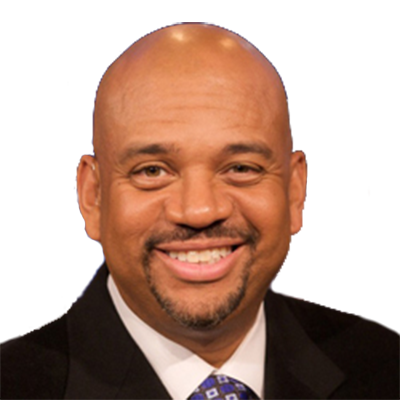 Michael Wilbon
Michael Wilbon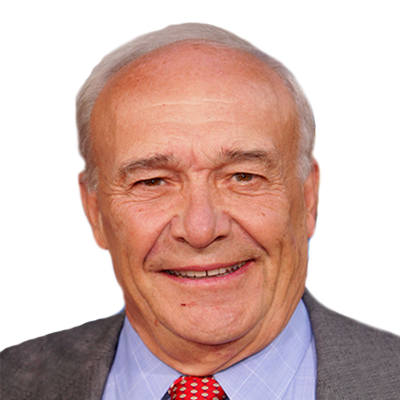 Bill Nack
Bill Nack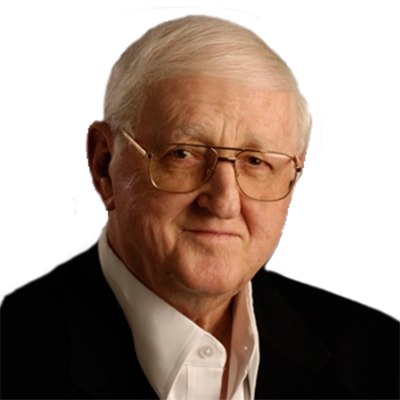 Dan Jenkins
Dan Jenkins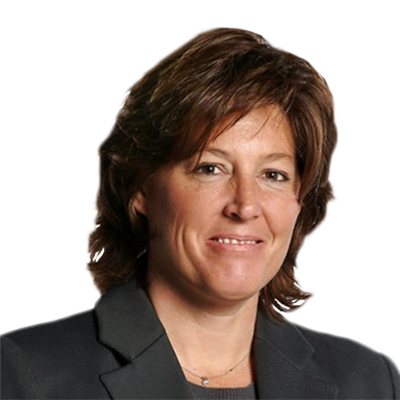 Sally Jenkins
Sally Jenkins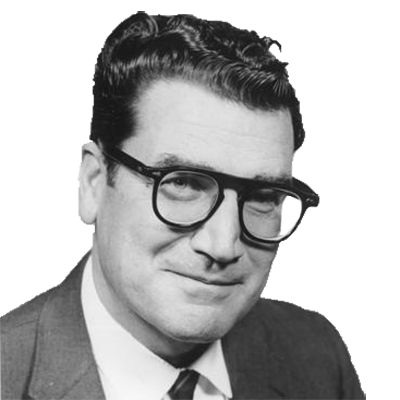 Jim Murray
Jim Murray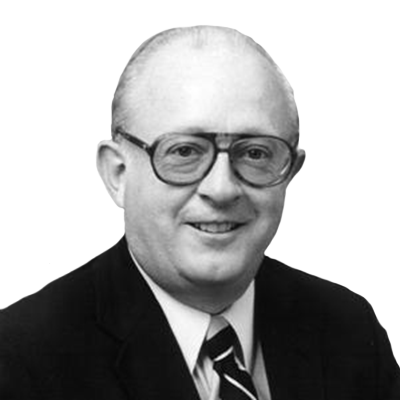 Dave Anderson
Dave Anderson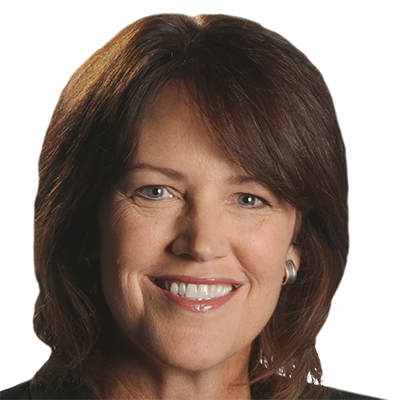 Christine Brennan
Christine Brennan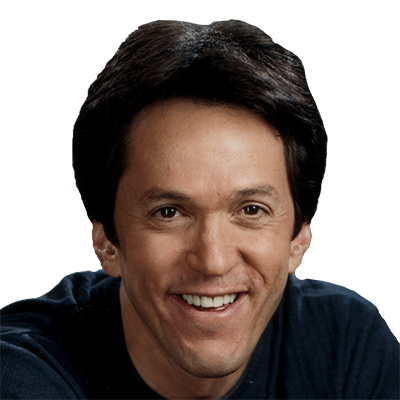 Mitch Albom
Mitch Albom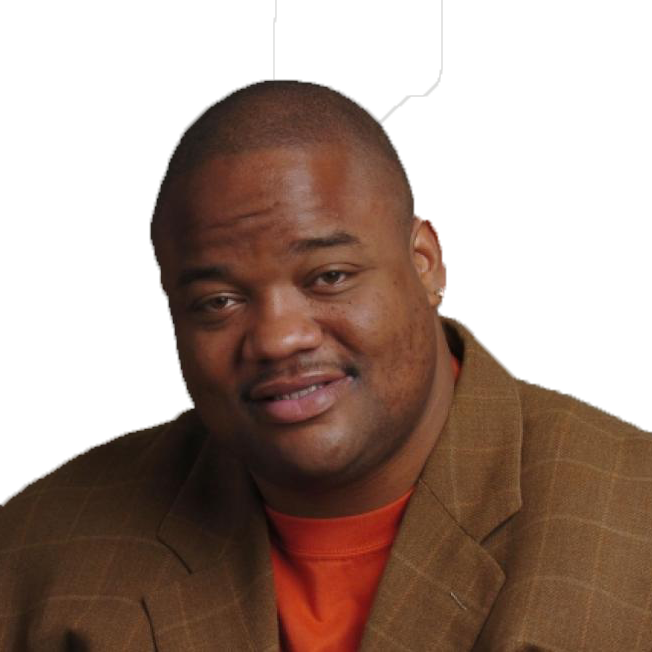 Jason Whitlock
Jason Whitlock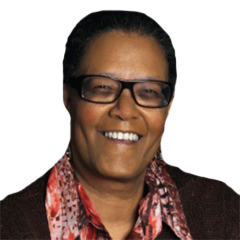 Claire Smith
Claire Smith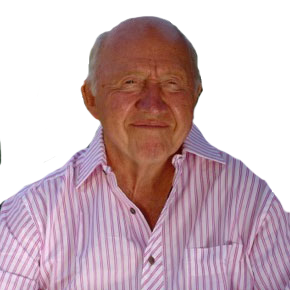 Bud Collins
Bud Collins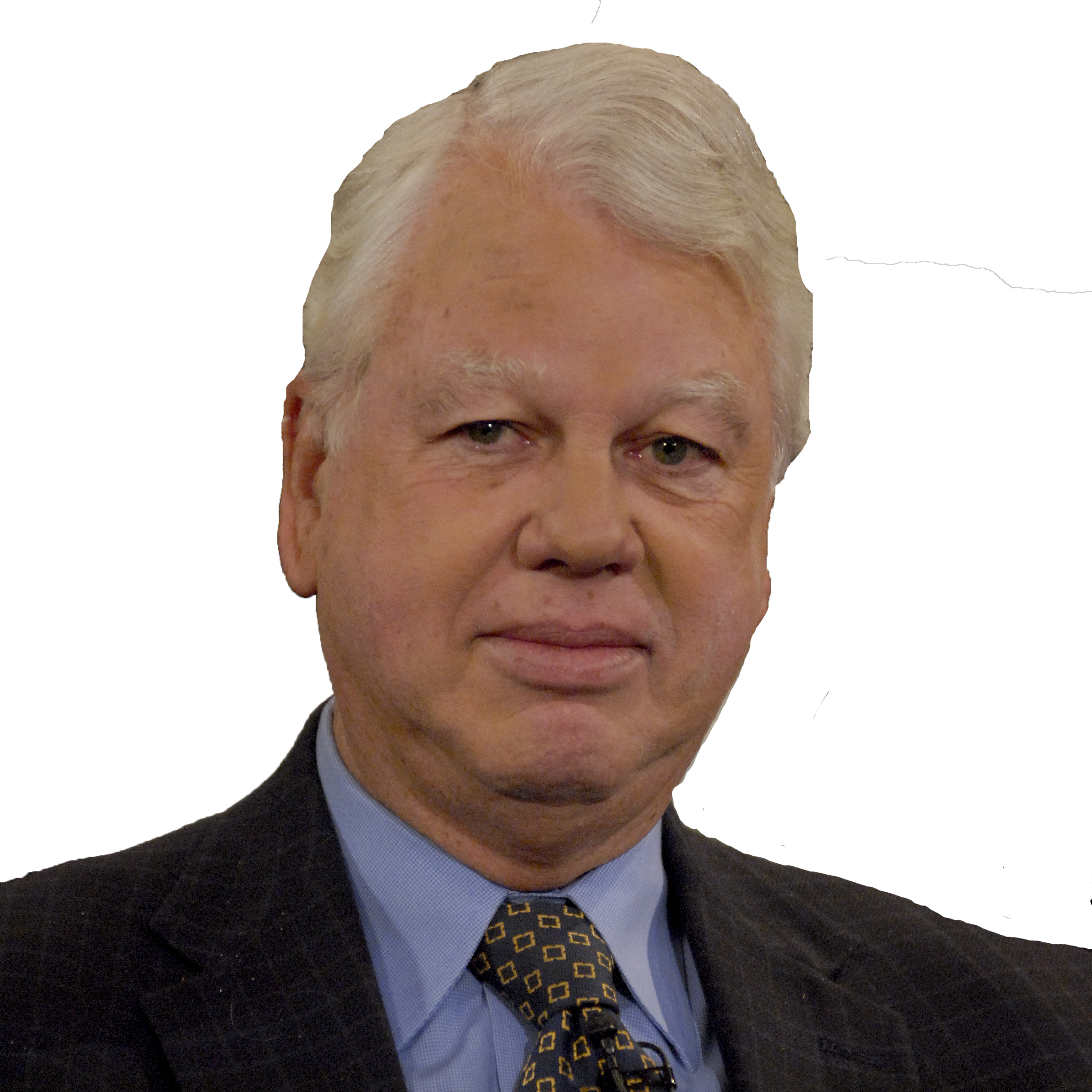 Bob Ryan
Bob Ryan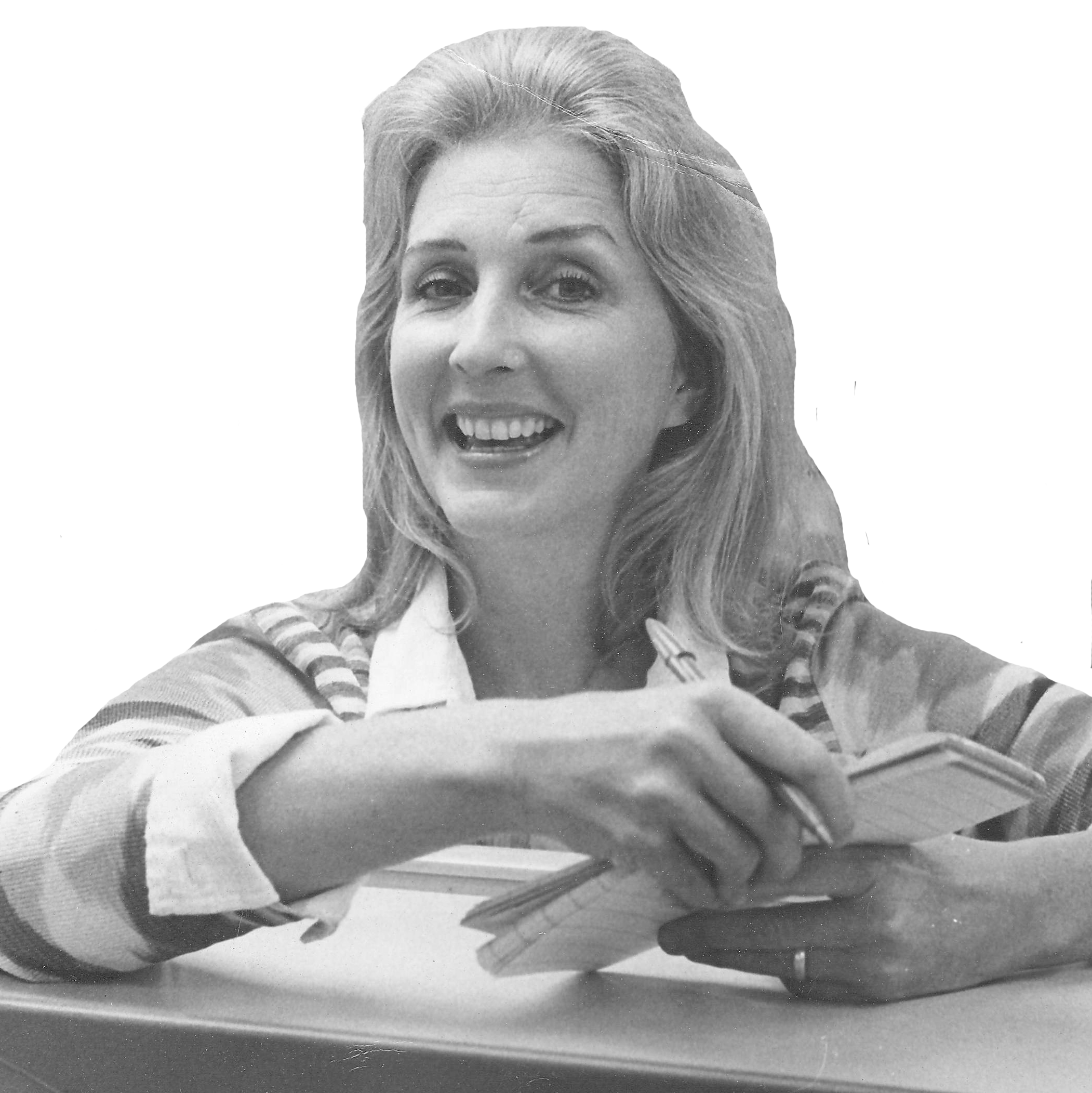 Joan Ryan
Joan Ryan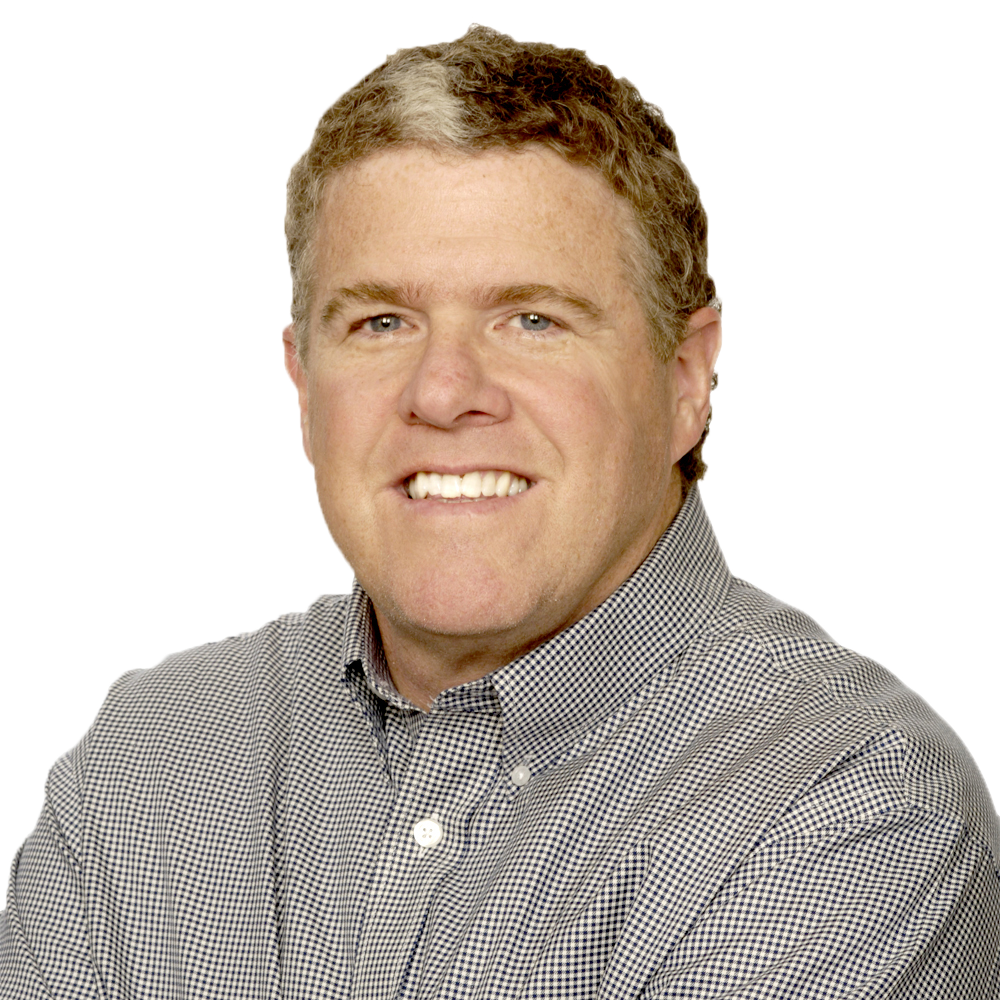 Peter King
Peter King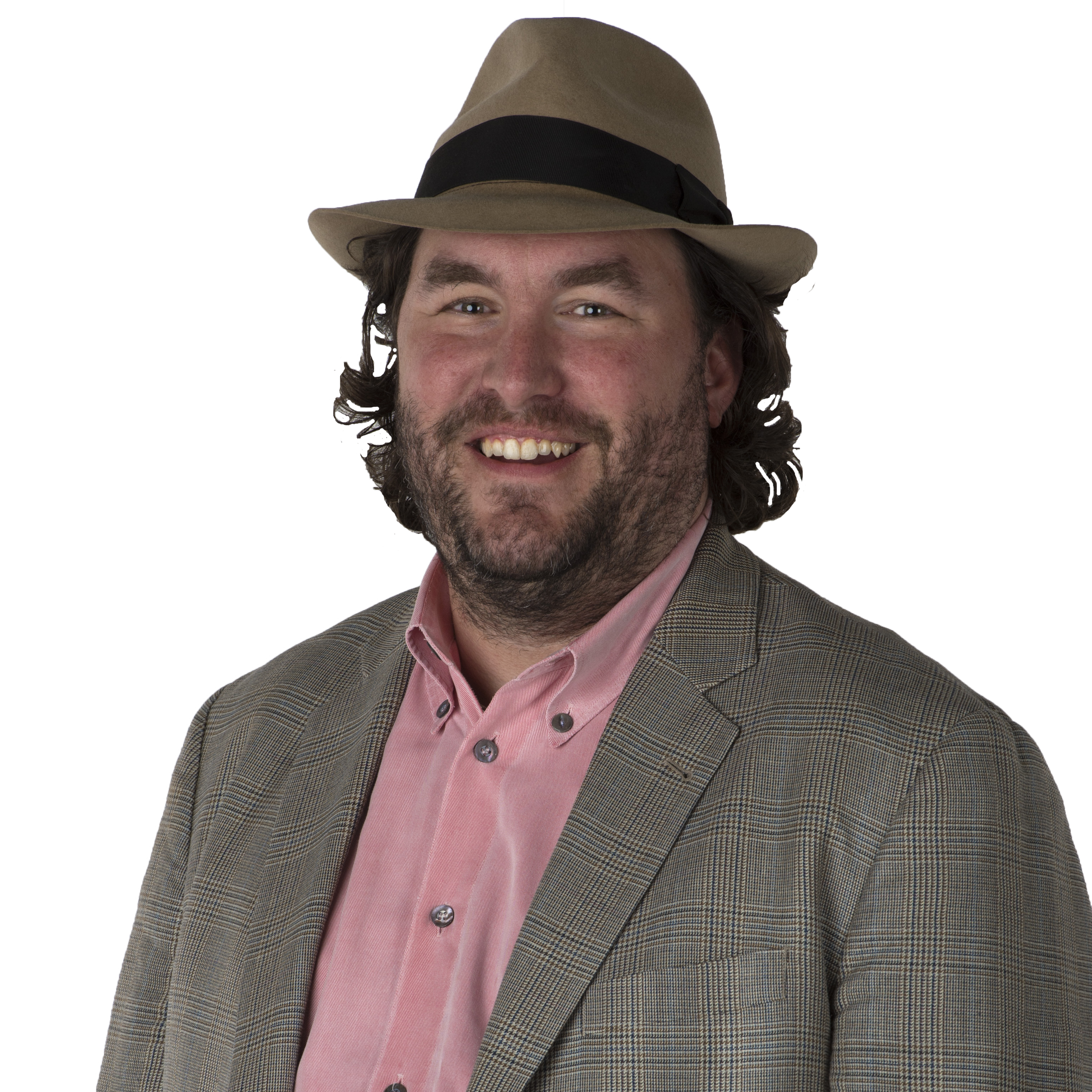 Wright Thompson
Wright Thompson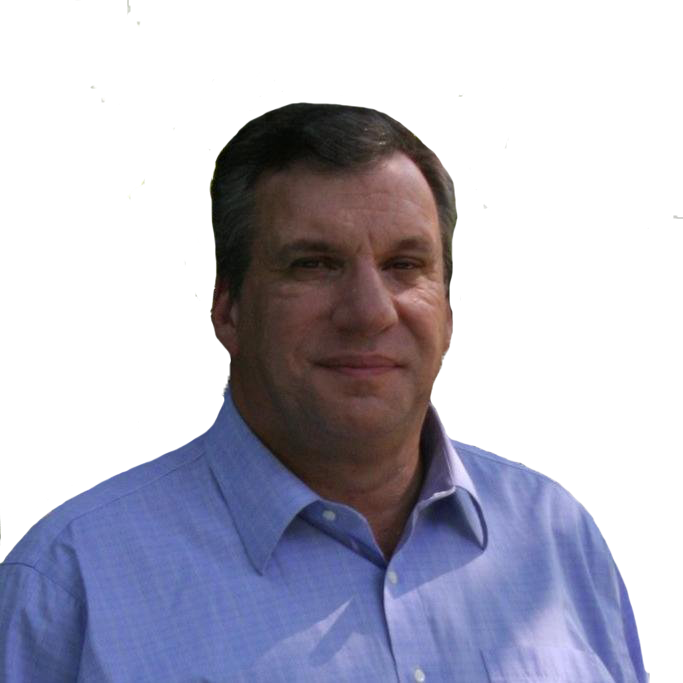 John Feinstein
John Feinstein Lesley Visser
Lesley Visser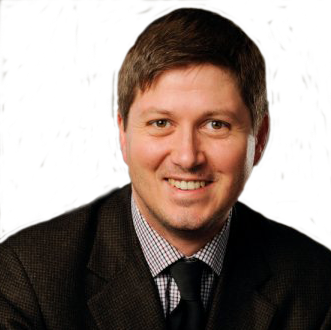 Will Leitch
Will Leitch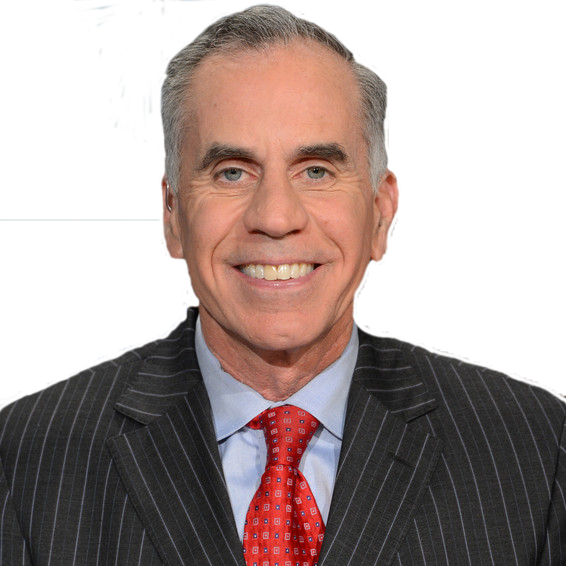 Tim Kurkjian
Tim Kurkjian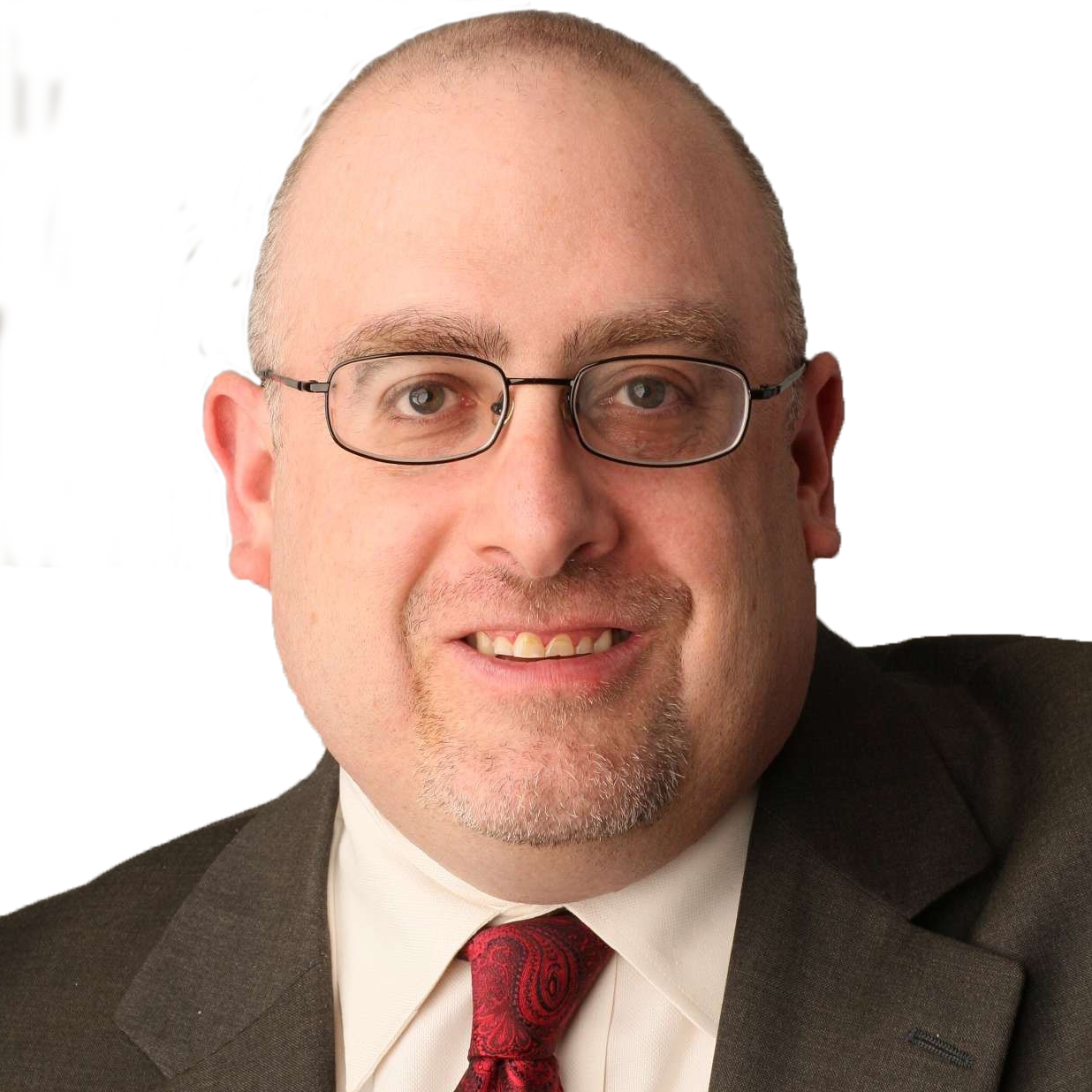 Joe Posnanski
Joe Posnanski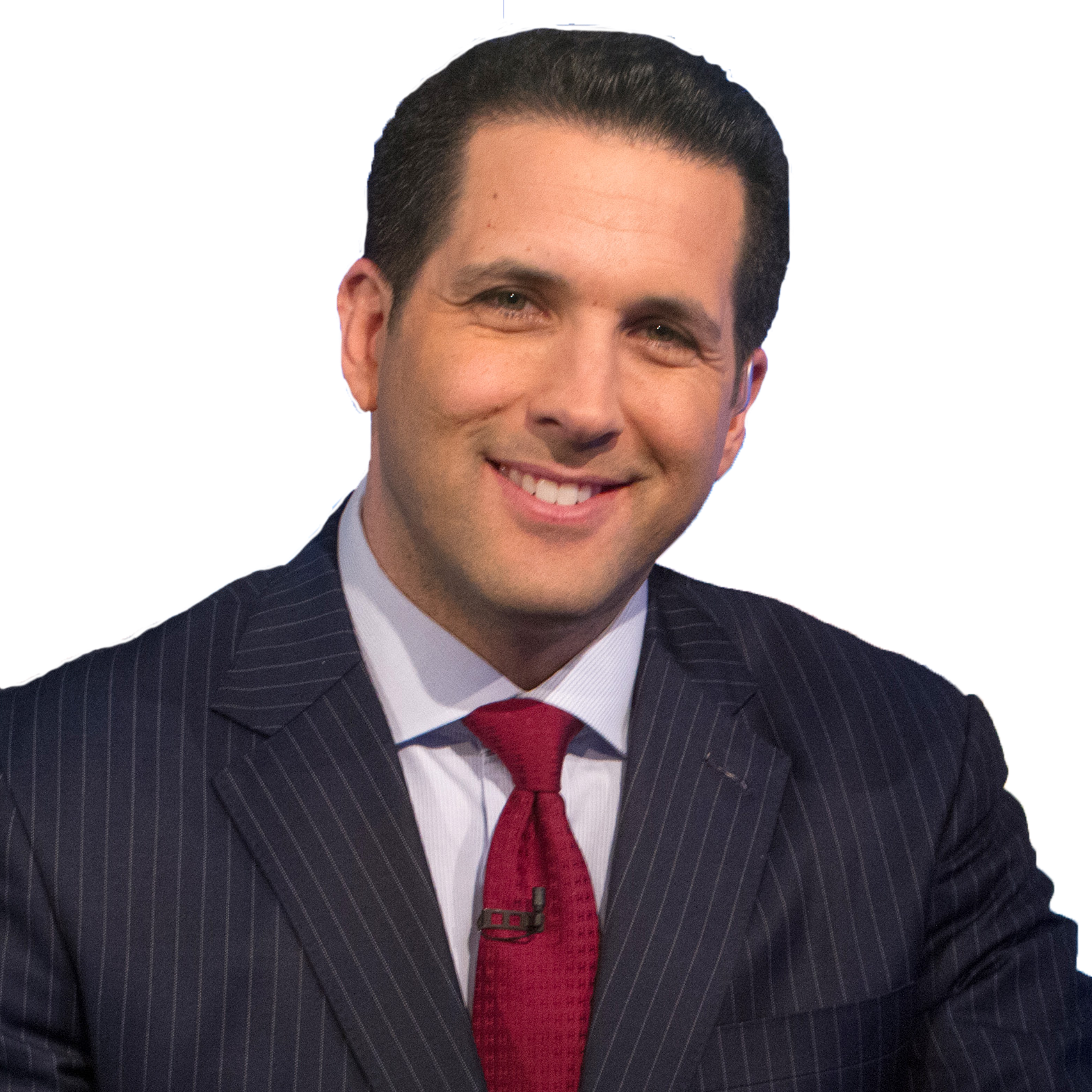 Adam Schefter
Adam Schefter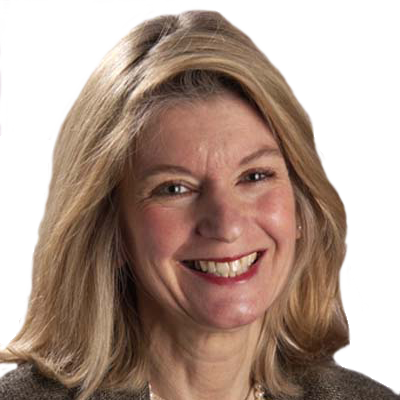 Terry Taylor
Terry Taylor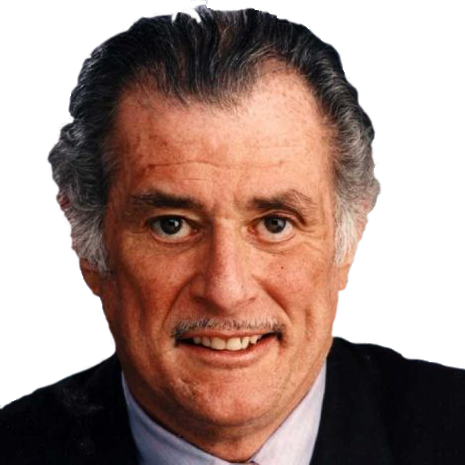 Frank Deford
Frank Deford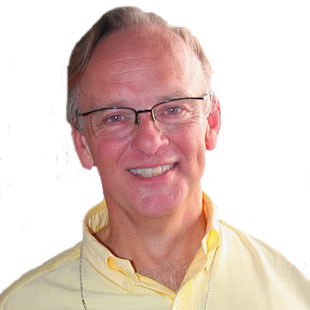 Tom Boswell
Tom Boswell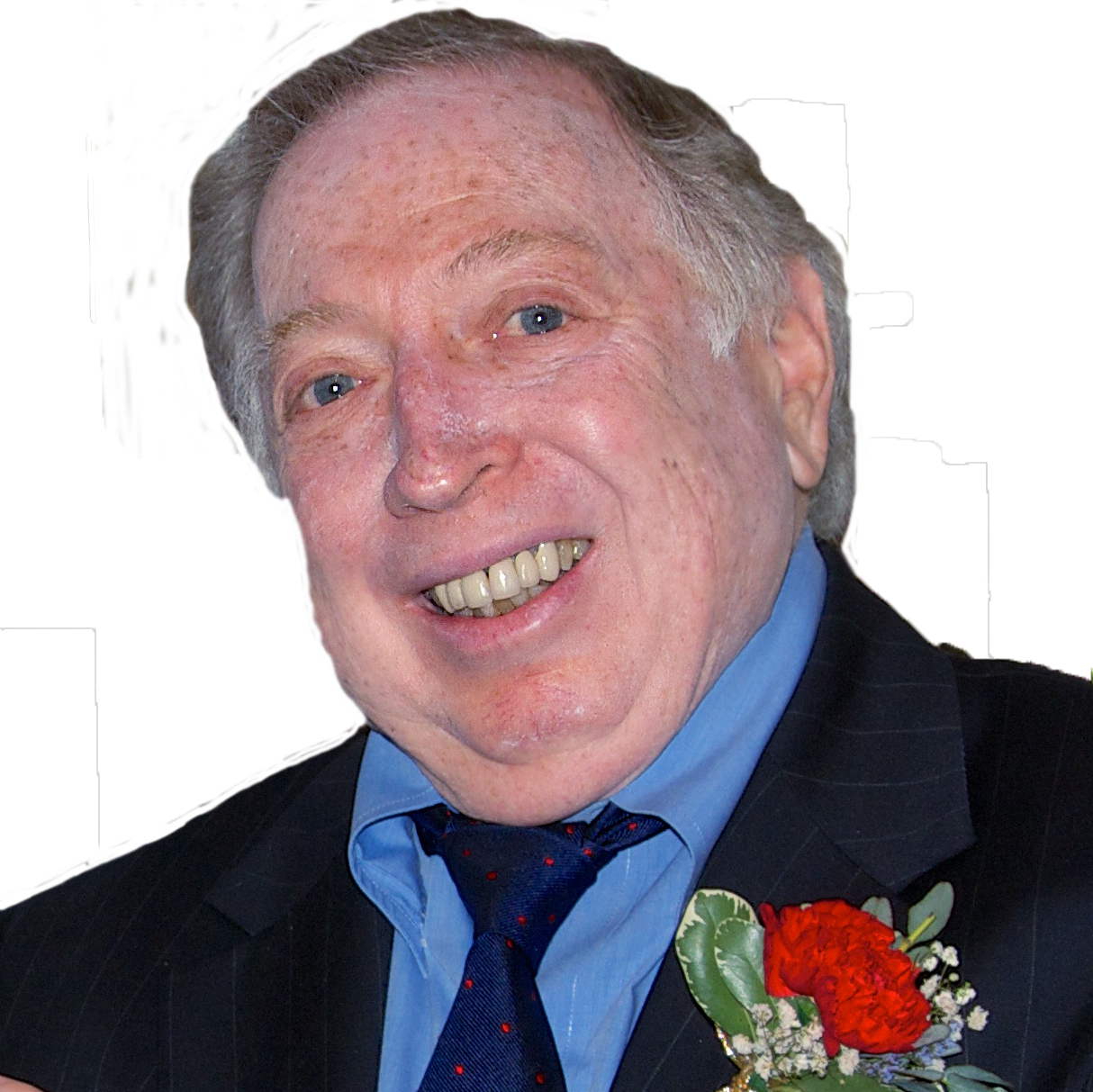 Neil Leifer
Neil Leifer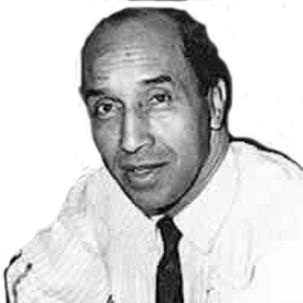 Sam Lacy
Sam Lacy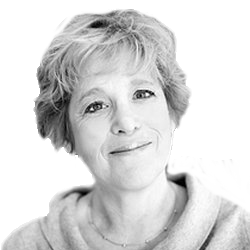 Jane Leavy
Jane Leavy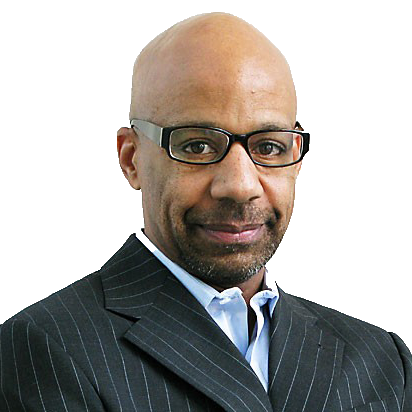 Kevin Blackistone
Kevin Blackistone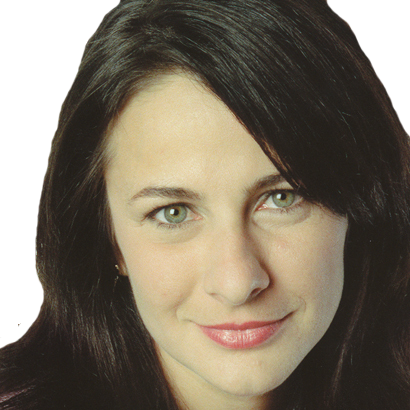 Juliet Macur
Juliet Macur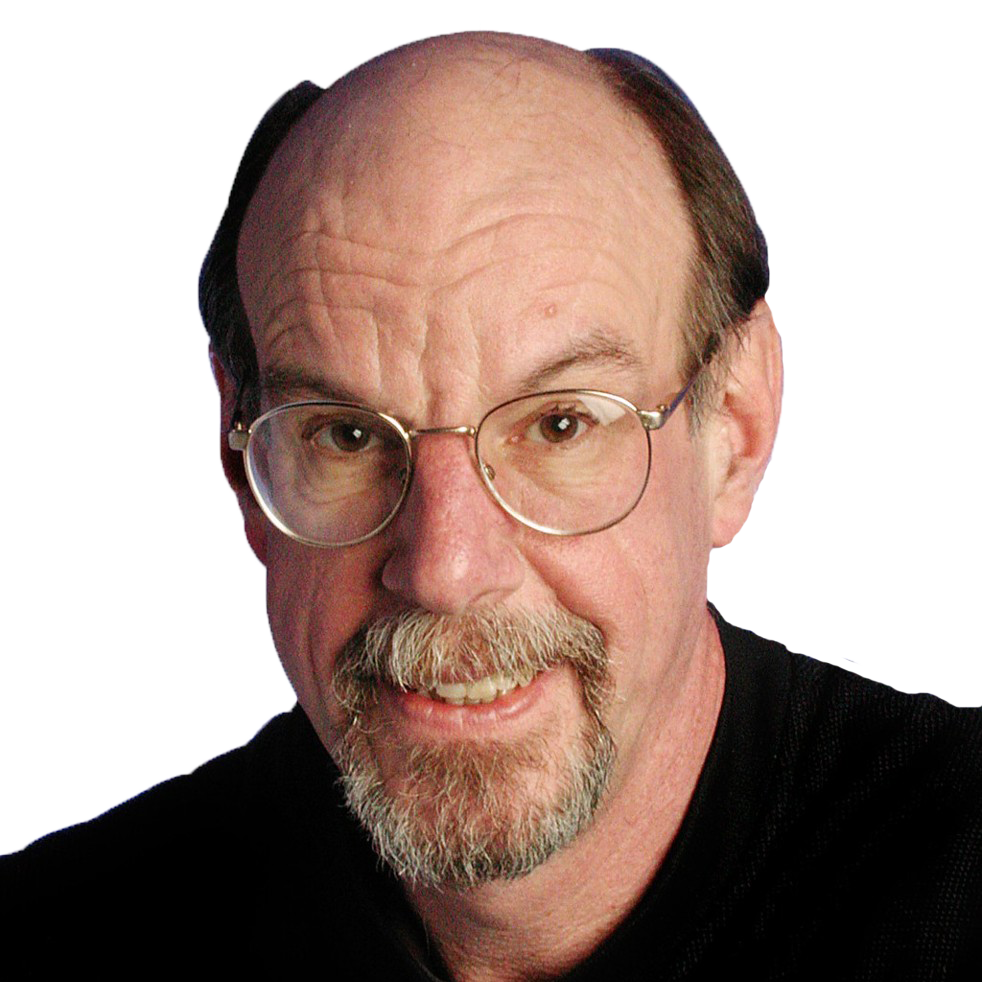 Andrew Beyer
Andrew Beyer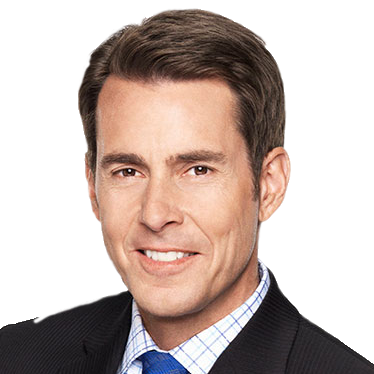 Tom Verducci
Tom Verducci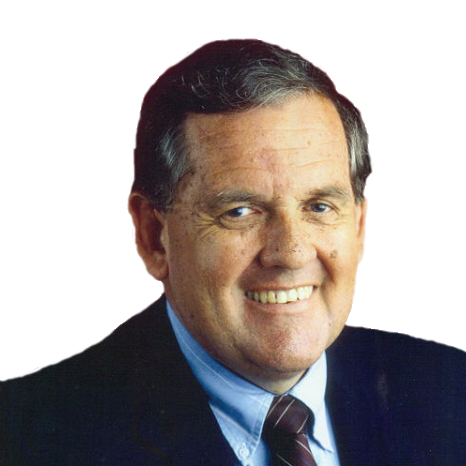 Hubert Mizell
Hubert Mizell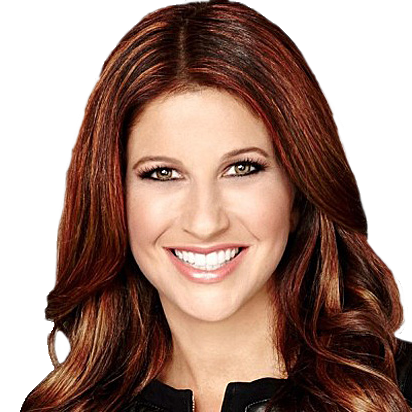 Rachel Nichols
Rachel Nichols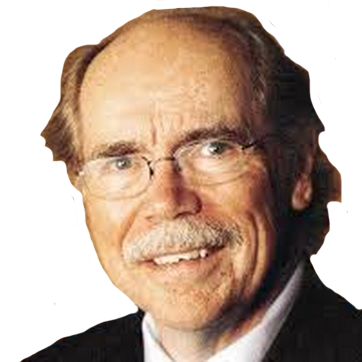 Dave Kindred
Dave Kindred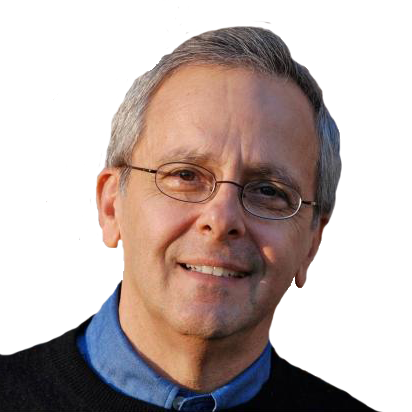 Mike Lupica
Mike Lupica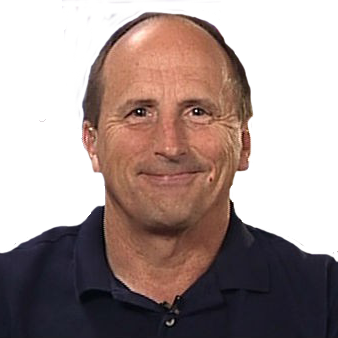 Richard Justice
Richard Justice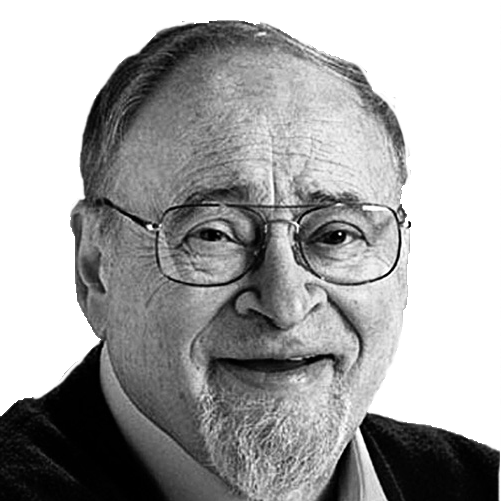 Jerry Izenberg
Jerry Izenberg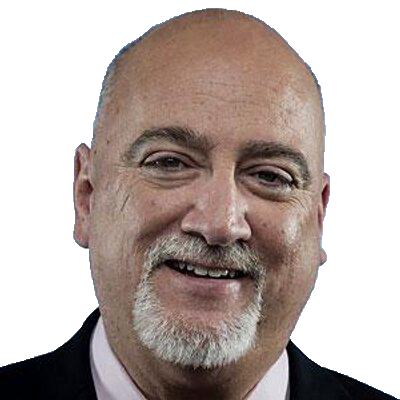 Bill Plaschke
Bill Plaschke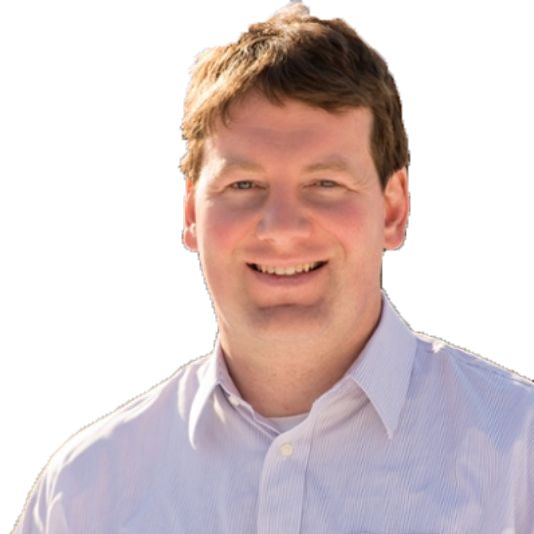 Kevin Van Valkenburg
Kevin Van Valkenburg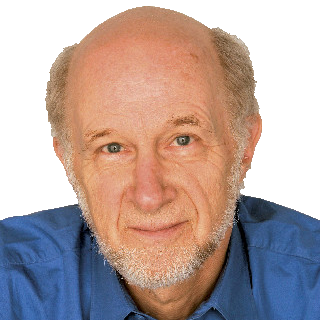 George Vecsey
George Vecsey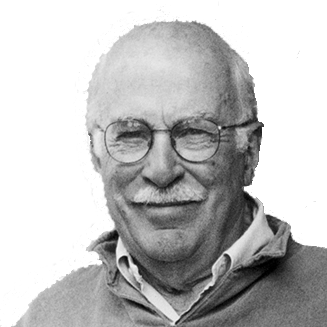 Roger Angell
Roger Angell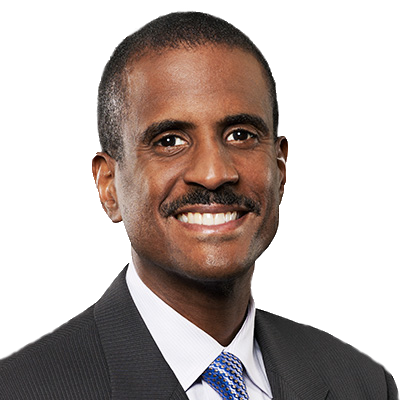 David Aldridge
David Aldridge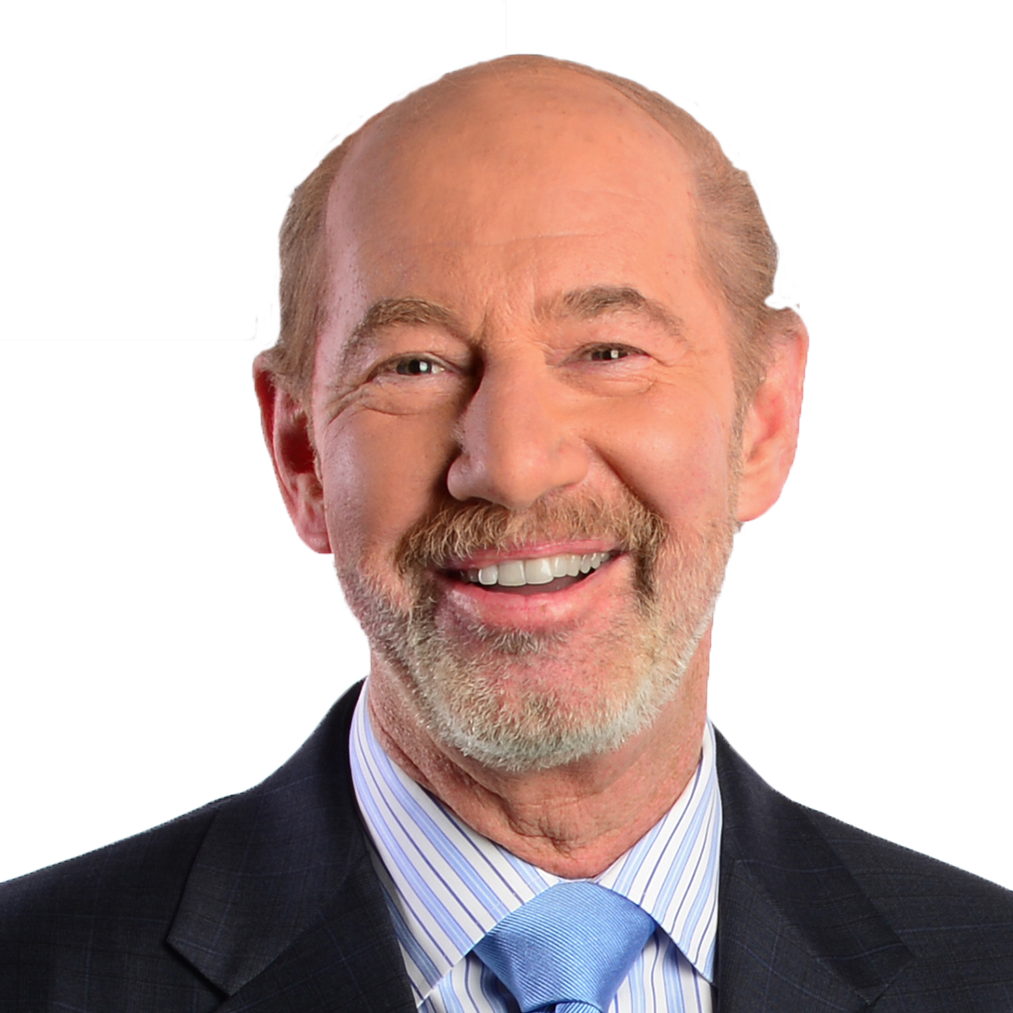 Tony Kornheiser
Tony Kornheiser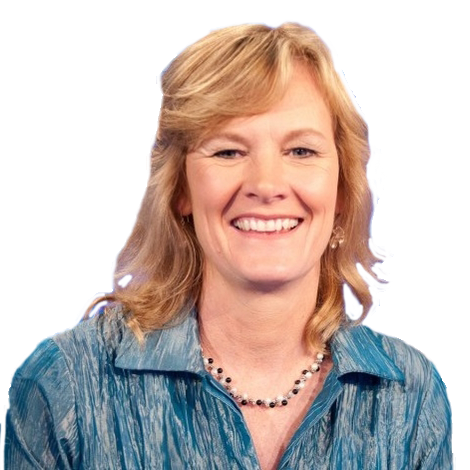 Jackie MacMullan
Jackie MacMullan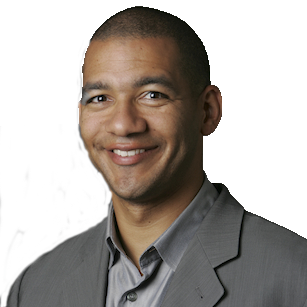 J.A. Adande
J.A. Adande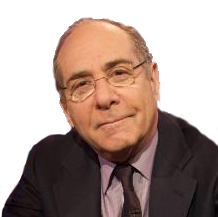 Robert Lipsyte
Robert Lipsyte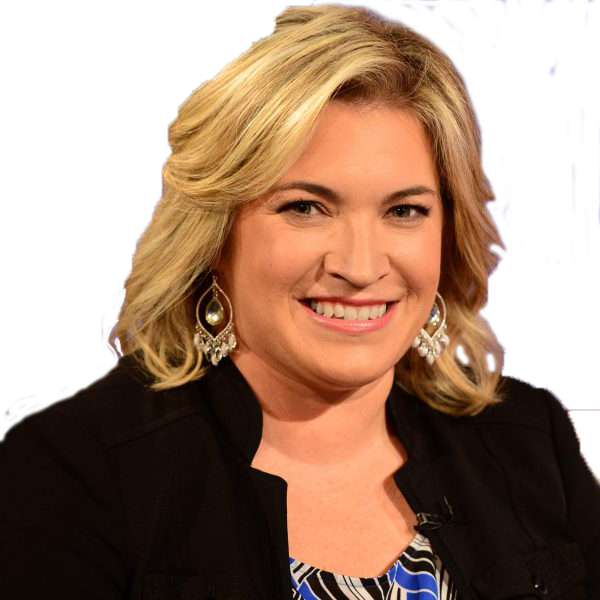 Ramona Shelburne
Ramona Shelburne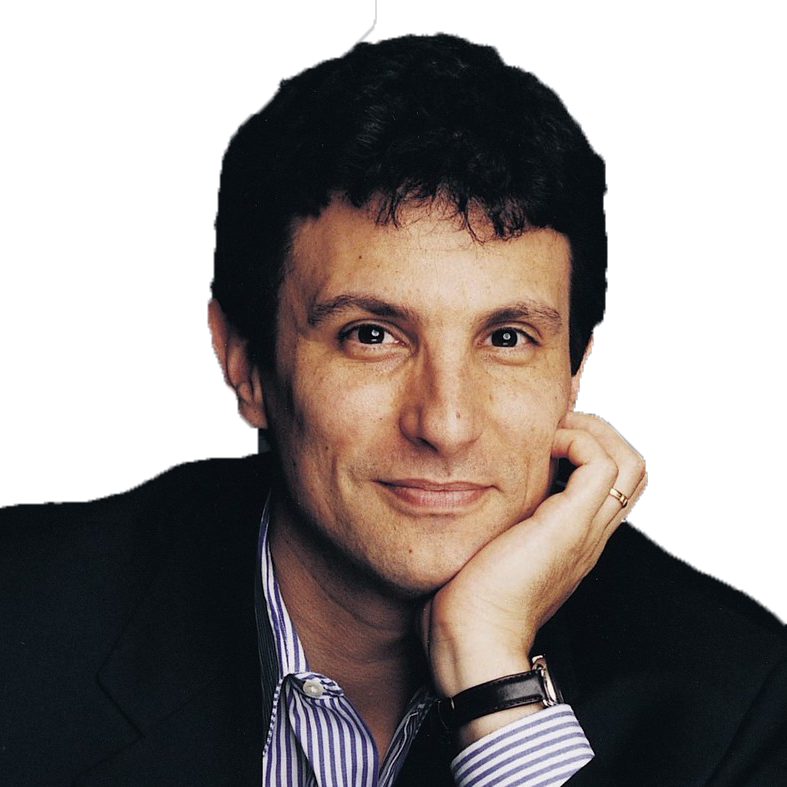 David Remnick
David Remnick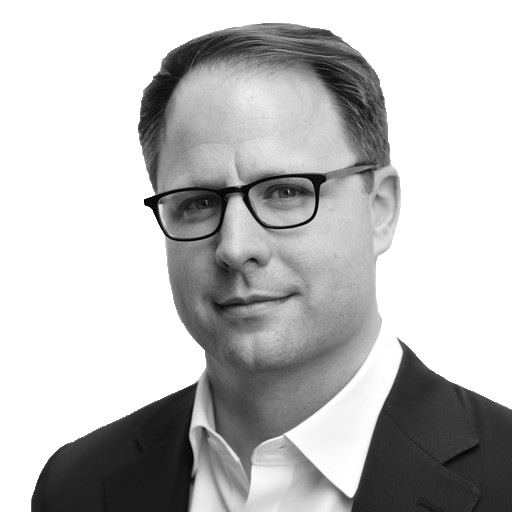 Bryan Curtis
Bryan Curtis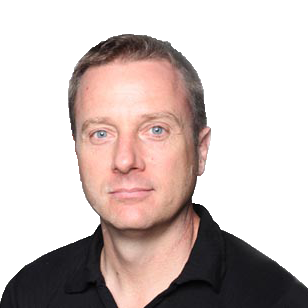 Chuck Culpepper
Chuck Culpepper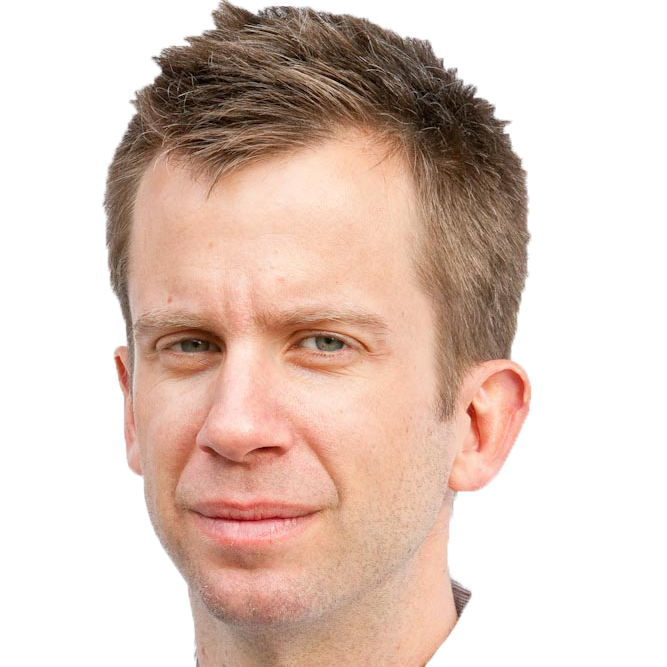 Jason Gay
Jason Gay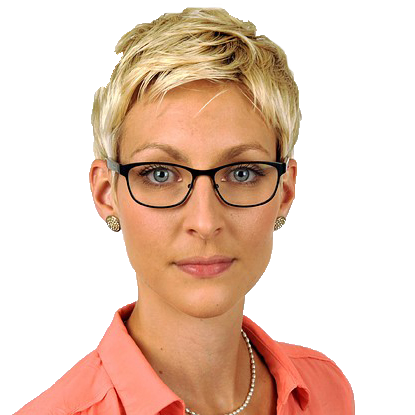 Heidi Blake
Heidi Blake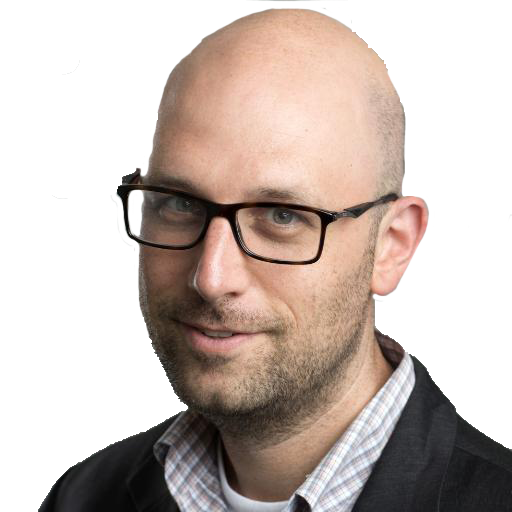 Dan Steinberg
Dan Steinberg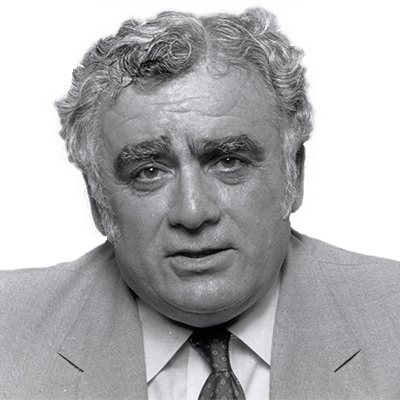 Jerome Holtzman
Jerome Holtzman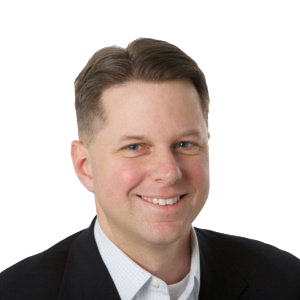 Barry Svrluga
Barry Svrluga
